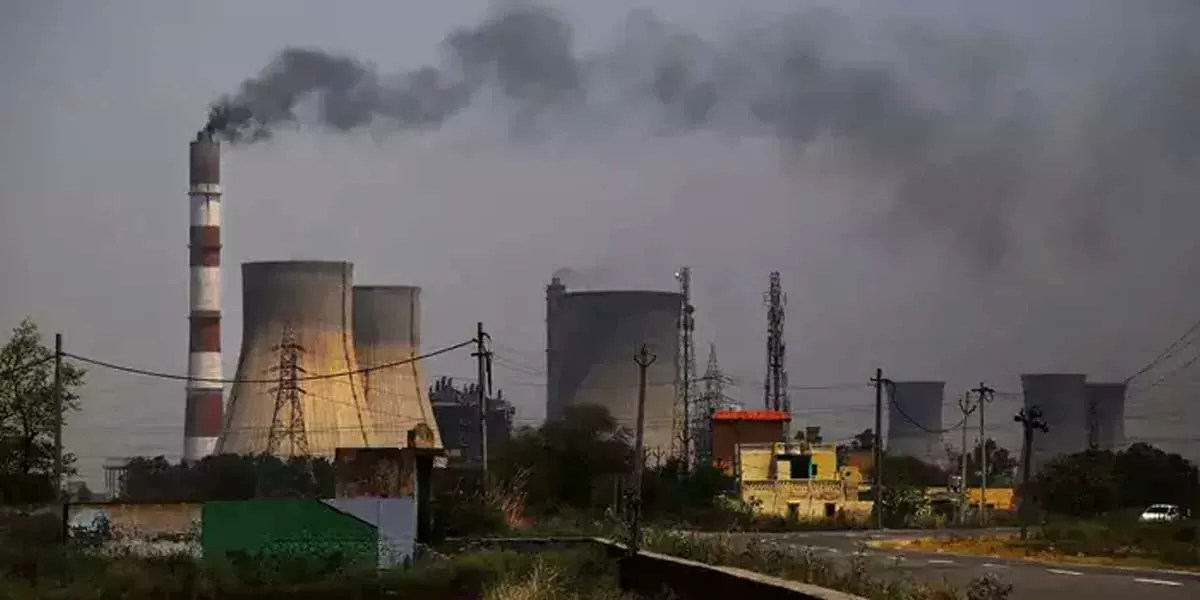
Coal Sector Sees Growth as Fossil Fuel Output Rises: Govt.

Unified railway app for tickets and tracking launching in December
The Indian Railways is expected to launch a super app consolidating passenger services by the end of December, according to officials familiar with the project. The app, which is being developed by the Centre for Railway Information Systems (CRIS), will integrate with the Indian Railway Catering and Tourism Corporation (IRCTC), these officials stated. IRCTC would continue to serve as the interface between CRIS and passengers purchasing train tickets, and that integration between the super app and IRCTC is currently underway. The app will provide a wide range of services, including booking p..

TN drives distributed growth vision with multiple new projects
Tamil Nadu is advancing on its plan to achieve comprehensive growth, launching numerous projects across business sectors with a focus on tier-2 and tier-3 cities. Soon after taking office in May 2021, Chief Minister M.K. Stalin emphasised his government’s commitment to developing both metro and smaller cities to drive industrial growth across the state. The industries department highlighted its focus on creating high-quality, well-paying jobs across Tamil Nadu by establishing various manufacturing facilities, including automobile plants, mini TIDEL Parks, and State Industries Promotion Corp..

India's power consumption slightly up to 140.4 billion units in October
India's power consumption experienced a slight increase of about one per cent, reaching 140.47 billion units (BU) in October, compared to the same period last year. This growth was primarily attributed to a high base effect. In October of the previous year, power consumption had surged by over 22 per cent to 139.44 BU from 113.94 BU in October 2022. The maximum daily supply, or peak power demand met, decreased to 219.22 GW in October 2024 from 221.53 GW in October 2023. May 2024 saw peak power demand reach an all-time high of nearly 250 GW, surpassing the previous record of 243.27 GW set in S..













